2025 Update to “Saying Goodbye: Why I Broke Up With Instagram” Plus: What Social Media Can(not) do for Authors
A few months ago I was checking the Meta app to see if I had any comments on a recent Instagram post.
I did!
And shock of shocks, it was from a real human!
Usually comments consisted of spam, nefarious links, or obvious “engagement bait” from bots or Social Media Assistants hired to comment indiscriminately on behalf of some aspiring profile.
This actual human didn’t reference the image shared, instead she mentioned a long-ago blog post that she’d discovered. Years earlier, I had written about the economy of attention, how social media is turning us into a commodity, our attention being bought and sold in an algorithm designed to create addiction, and this without our full awareness or consent. (You can read that post here.)
And I shared that I was leaving Instagram.
She commented about how inspired she was by the post, then added, “But here you are…”
…back on Instagram.
I laughed it off, replied with an excuse like “my editor makes me do it” and explained that I’m not really “back” — I don’t even have the app on my phone!
While both those things were true (I was posting only for marketing and I didn’t use the app), she was right. I had not actually left Instagram. Though I didn’t use it in the way I once did (with hopes for developing community? For entertainment?), I was still using it.
And I was still — perhaps more — unhappy about it. In some ways I disliked Instagram even more now because I resented the pressure to perform, the frustration of metrics that were always disappointing, and because I had the added hassle of scheduling posts through third party apps.
In coming weeks I couldn’t help but ask myself, How did I get here?
Five years ago I was watching my teen children suffer from digital addiction. I felt like the toxicity of social media was tearing me apart. And I wanted out. So I decided to put strong boundaries around social media in my life and to abandon the primary platform I was on—Instagram. I shared my research and reasoning in this post, unfollowed everyone on Facebook (literally everyone, even my own grandmother!), deleted both apps from my phone, and then … things happened.
For a while all was good. I didn’t miss social media at all.
But then an editor expressed interested in a book project my agent had been pitching. My agent shared that the editor had concerns about my digital presence.
I hadn’t deleted my Instagram account, only stopped posting, and I had a respectable number of followers. So it seemed natural that I should use the audience I already had. I wanted to show how serious I was about this book.
Research revealed that I could post to most any platform without having or using any of the apps. I’d take a hit with the algorithm, which favors in-app posts and user engagement, but it was a worthwhile tradeoff.
Or so I thought.
For the next year, I posted.
I scheduled stories, posts, a few reels.
Between social media and writing the book, now under contract, I had trouble keeping up with deadlines and life in general. I was always trying to figure out what content to post next. I used AI to make a schedule and even to write captions and come up with hashtags. Yet my severely limited “writing time” was often dominated by scheduling posts, talking with AI, searching for or creating images.
I was turning into an instamarketer. I felt slimy, like a snake-oil saleslady, but it was the nature of the “business.” Wasn’t it?
I even tried to “play” the algorithm game for about two weeks. I redownloaded IG, spent *time* engaging, unfollowed yucky content and followed inspiring content, commented … For a few days I thought…
Maybe it’s not that bad!
All these spiritually uplifting posts, all this celebration of things I cared about couldn’t be bad, could it? It could even be … maybe … good?
“Social media is media, and there’s nothing social about it. It will, with repeated use, defeat God’s purpose in your life.”
And then a person I enjoyed watching changed her tactic to outrage (a known engagement strategy — angry people interact with your posts FAR more than happy ones), and the joy of her reels was gone. I unfollowed with some sadness, but kept engaging, scrolling (sometimes just leaving the app open on my desk while I did other things!).
And then another account I respected and enjoyed shared advice that set off an anxiety attack in an already sensitive area …
I ended my experiment that very day. Social media is media, and there’s nothing social about it. It will, with repeated use, defeat God’s purpose in your life. Period.
Even with all that engagement and a decent following, my metrics were abysmal. A post I spent half hour (or more if it was a reel!) crafting earned a small handful of views, and the only comments came from spammers urging me to click profiles or private message them.
All the while, I was thinking and writing — a lot! — about the damaging effects of digital media’s overuse. How it devastated personal happiness, skyrocketed anxiety, and was a huge drain on time. I’d written about its addictive nature for kids, how it changes their brain wiring (not for the better!), and I published a blog series, still in progress (see below), about how to get our KIDS off digital devices.
And I was haunted by the comment…
“Yet here you are…”
Here I was, indeed.
The Right Questions to Ask About Social Media
I started asking the question: “Why am I here, actually?”
And I set out to answer it — from an author’s perspective.
I asked: if I spend my time trying to be an “influencer” on social media, when am I going to write more books? From my research, to become an influencer, I had to trick the algorithm into favoring my content. To do that, I had to engage with the app (spend time on it — one article recommended an hour a day, minimum, of scrolling and commenting), and post regularly. Regularly means, according to several sources, about three posts daily, five stories daily, and one or more reels. Every day. (Nerds among us can find insider intel about the algorithm here, here, and here.)
If this is my job as an author, I quit!
The truth is, influencers are not authors.
A successful, popular influencer is driven by advertising revenue, by sponsorship, and perhaps by a desire to be seen or gain fame and recognition.
An author is engaging in the much more solitary task of writing books. Influencers don’t generally write books, and if they publish any, those books are often written by nameless ghostwriters and spring from their influencer “platform” that was already established. Books, if they exist, are “on brand,” as is everything about the influencer’s digital presence.
(Bonus points if you get this reference)
Writing books first and trying to find a way to “influence” to sell those books … it’s backwards, illogical, and not worth the opportunity cost of spending that time actually writing.
For authors, social media is chasing the puffing exhaust of a runaway car believing you can somehow influence where it goes or how fast it gets there.
But wait, there’s more! Even IF I beat the algorithm (unlikely), the status of influencer doesn’t translate into book sales.
I knew social media damaged lives and souls, but then I started digging, really digging into the end goal for writers: to sell more books.
And what I learned shocked — no. It actually offended me.
I’d been told that social media was essential, and I imagined all these poor little books going unnoticed, becoming backlisted, dying away to obscurity, all because nobody shared them to Facebook. This article by Thomas Umstattd Jr. breaks down the numbers, platform by platform, and makes the case that social media, for most authors, is no more valuable than standing on a street corner waving your book in the air. Sure, you’ll sell a couple books that way, but is it worth the time — or the sunburn?
“Social media, for most authors, is no more valuable than standing on a street corner waving your book in the air.”
Plus, it’s nowhere near as valuable to book sales as … wait for it … writing more books.
This article by Jane Friedman goes into the value of an author website and newsletter vs. chasing the exhaust fumes of engaging on social media.
I felt betrayed … and foolish. I was ready to be done with social media once and for all.
And yet I still faced an expectation that I would be engaging, posting, sharing my life with the hope that all this cyber-standing-in-the-road-waving-myself would sell more books. If I just engaged more, posted more, changed my strategy and platforms and spent more time …
Then something happened that set me free from this expectation. I may share that story in another post (subscribe so you won’t miss it!), but for now I’ll say, I was done playing the lottery of “going viral.” I was done spending my valuable and limited time on something a. I hated, b. was fruitless, c. was actively damaging my soul.
I was certain about the direction I needed to take, and I made a plan, one that severely cut my social media activities (and the brain space allotted to them!) while still maintaining a presence to satisfy anyone who might be looking for me.
How I Left Instagram … Without Leaving Instagram
In short: I turned my two Instagram profiles (@thisjoyfulmess and @joyofadvent) into digital business cards. (Here’s a why-and-how-to!) They are now static pages which require zero update or attention. Gone is the question, What will I post next? What will get the attention of my followers? (My week-long “cover reveal” series of posts gained a cumulative total of about 15 views). Instead I have an attractive, informative account that anyone is welcome to follow or, better yet, visit my website.
And I’m putting my time into tasks I know and know work — writing. This website exists specifically for authors who want to grow their platform without social media. I’m doing things I love doing: writing long-form articles and books, podcast and radio interviews, creating printables, and to some extent, speaking engagements.
Will I continue using any platforms?
Yes. I’ll use the platforms and engage in activities that are actually necessary. I have a Facebook author page that I will continue to update with news of upcoming events and new posts because we have all been trained to look to a business’s Facebook page when we want to know the latest news about something. I will also share links to Pinterest (which, however spammy it has become, is less social media than a visual search engine), and I will continue to publish my irregular author newsletter. (Do please subscribe if you haven’t already!)
Find my original article about the perils of social media and the commodification of attention (and humans in general) here. The research has become even more clear and compelling since that article was first written.
Yet despite the inarguable facts, now backed by research, “here we are” — social media is still an issue impacting many of our lives.
Below, let me know how you use (or don’t use) social platforms. Do you love it, hate it, see it as a necessary evil, or do you think it offers true engagement?
Would it be inauthentic of me to ask you to share this article on social media? 😆 Go ahead and share — I won’t know!



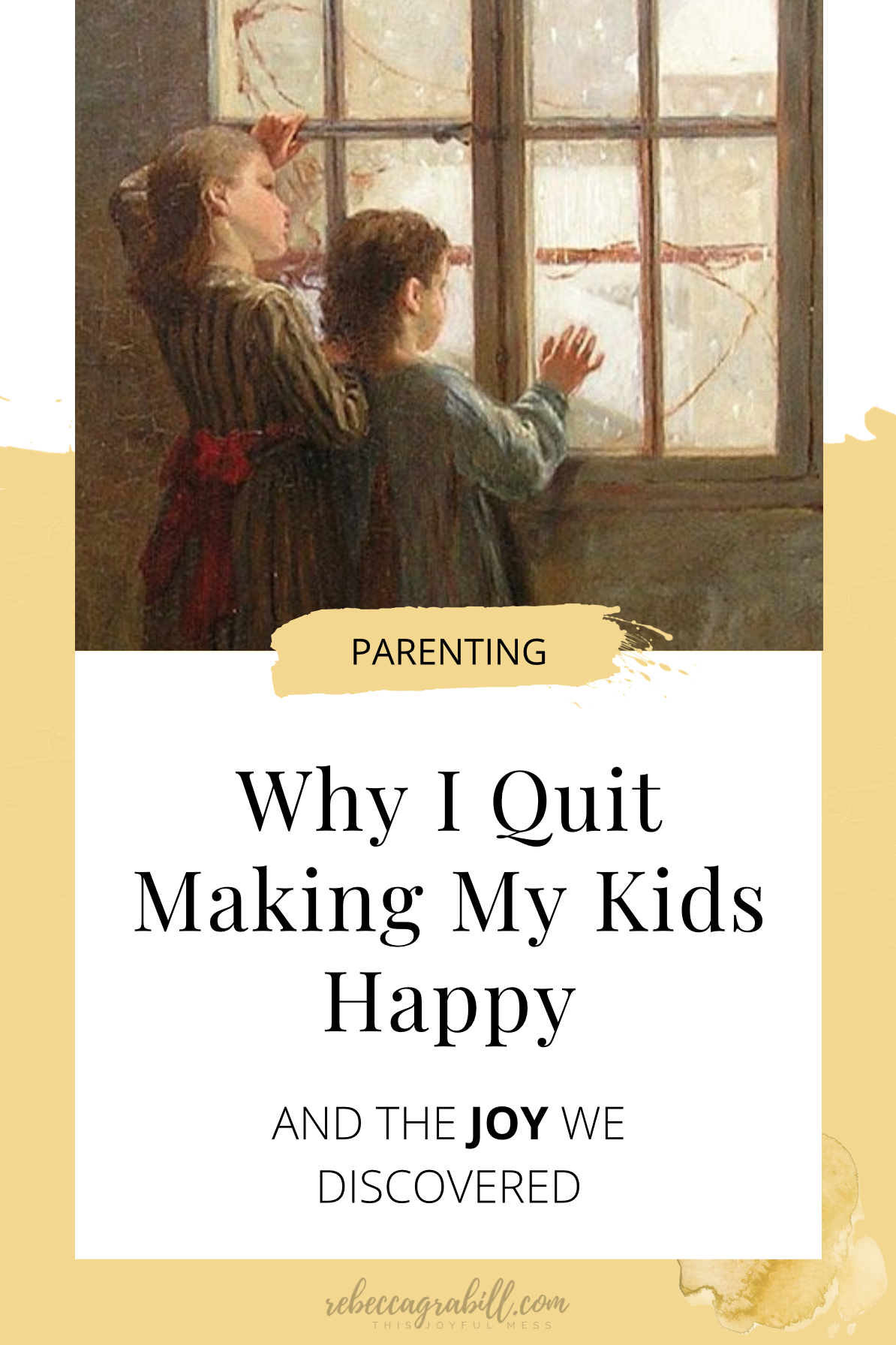
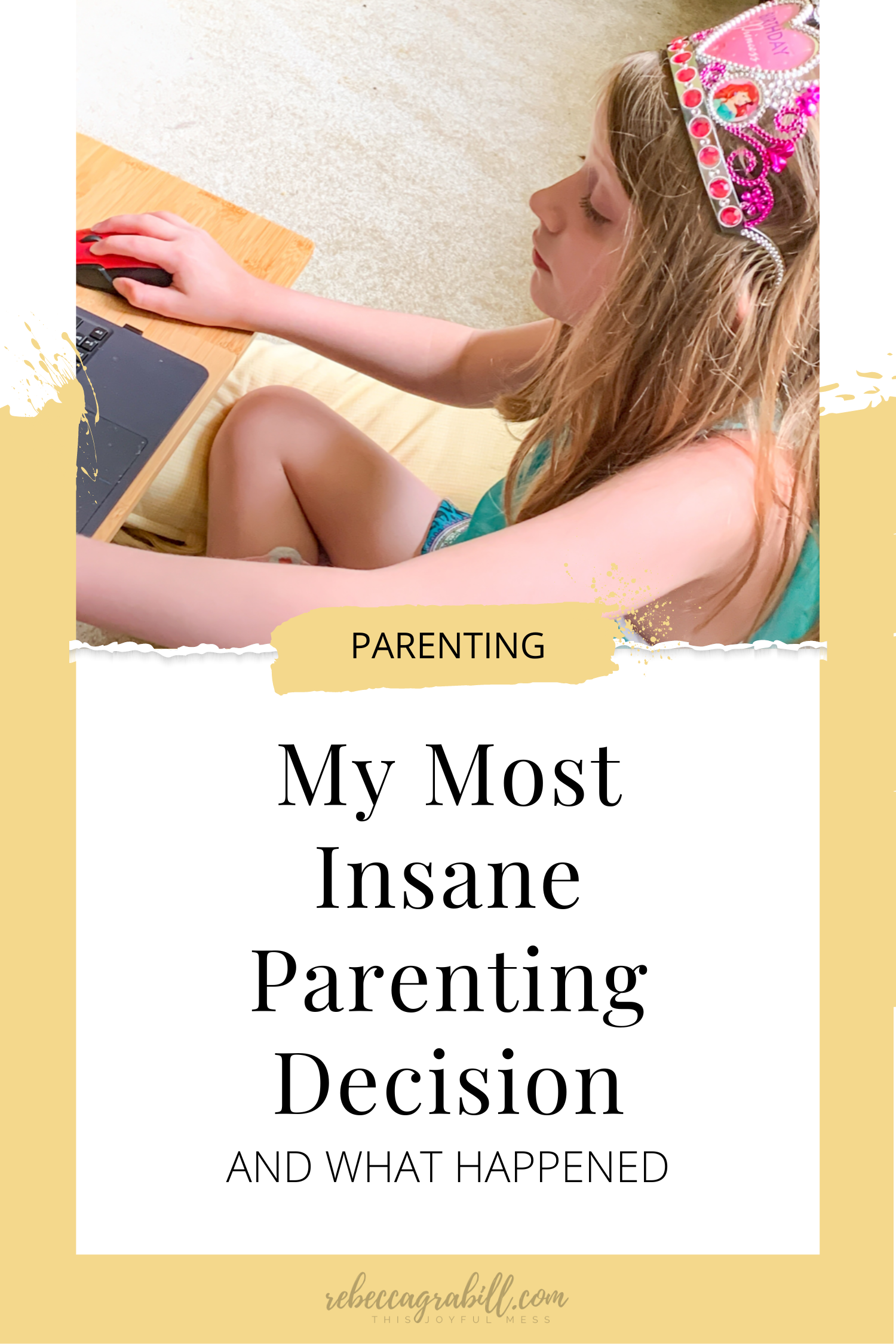

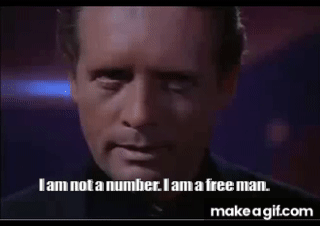
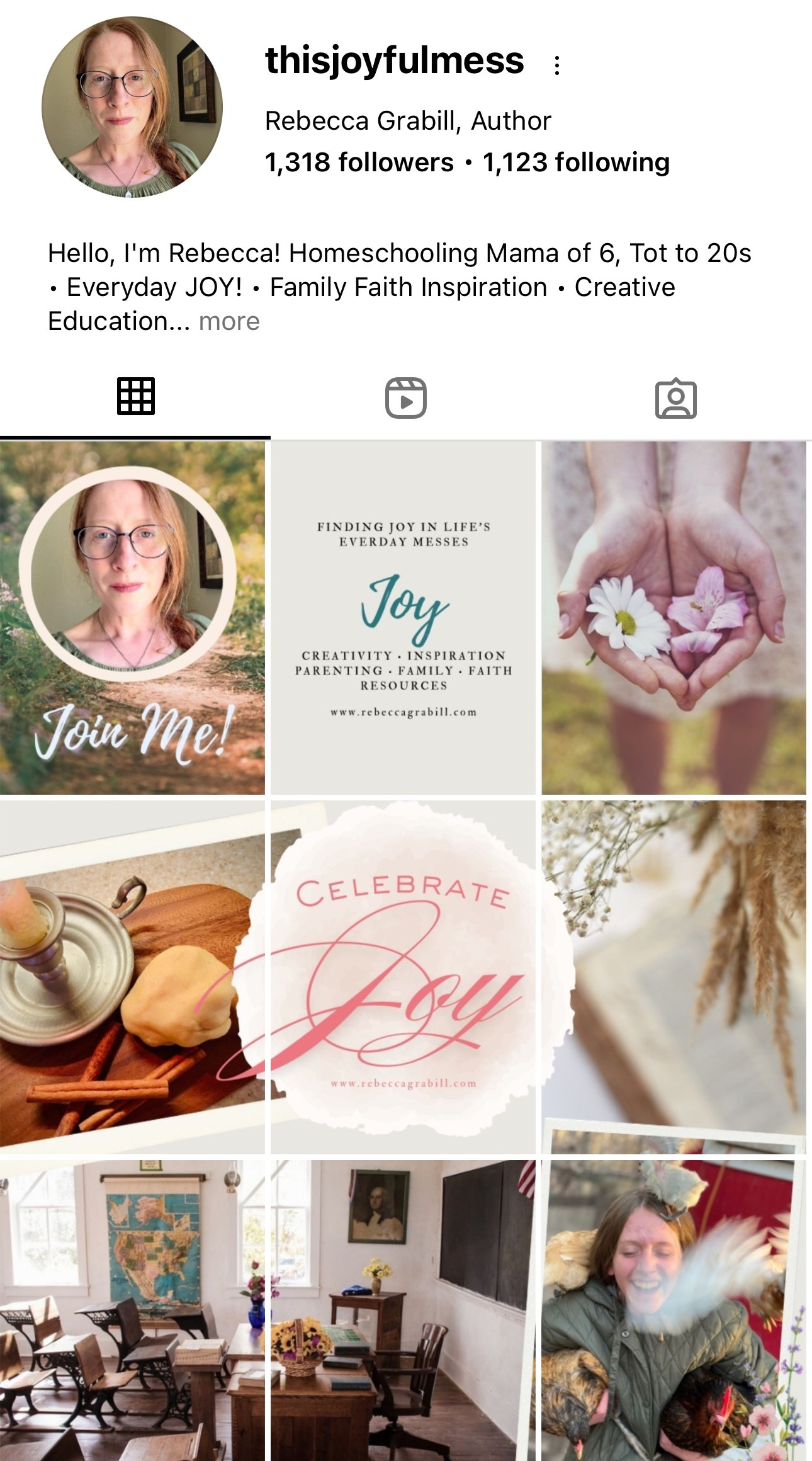



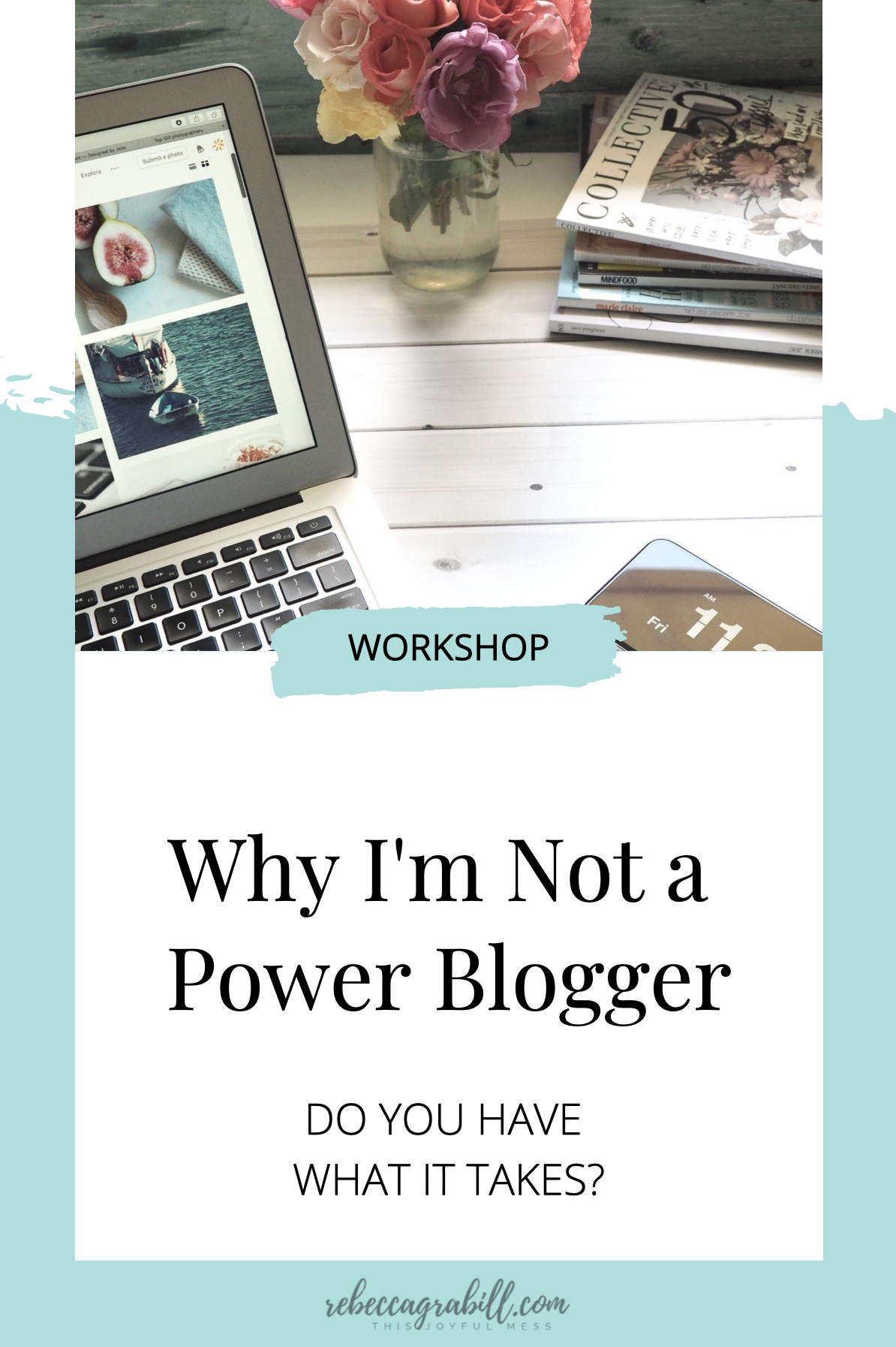






I felt betrayed … and foolish. I was ready to be done with social media once and for all. And yet I still faced an expectation that I would be engaging, posting, sharing my life with the hope that all this cyber-standing-in-the-road-waving-myself would sell more books. If I just engaged more, posted more, changed my strategy and platforms and spent more time …